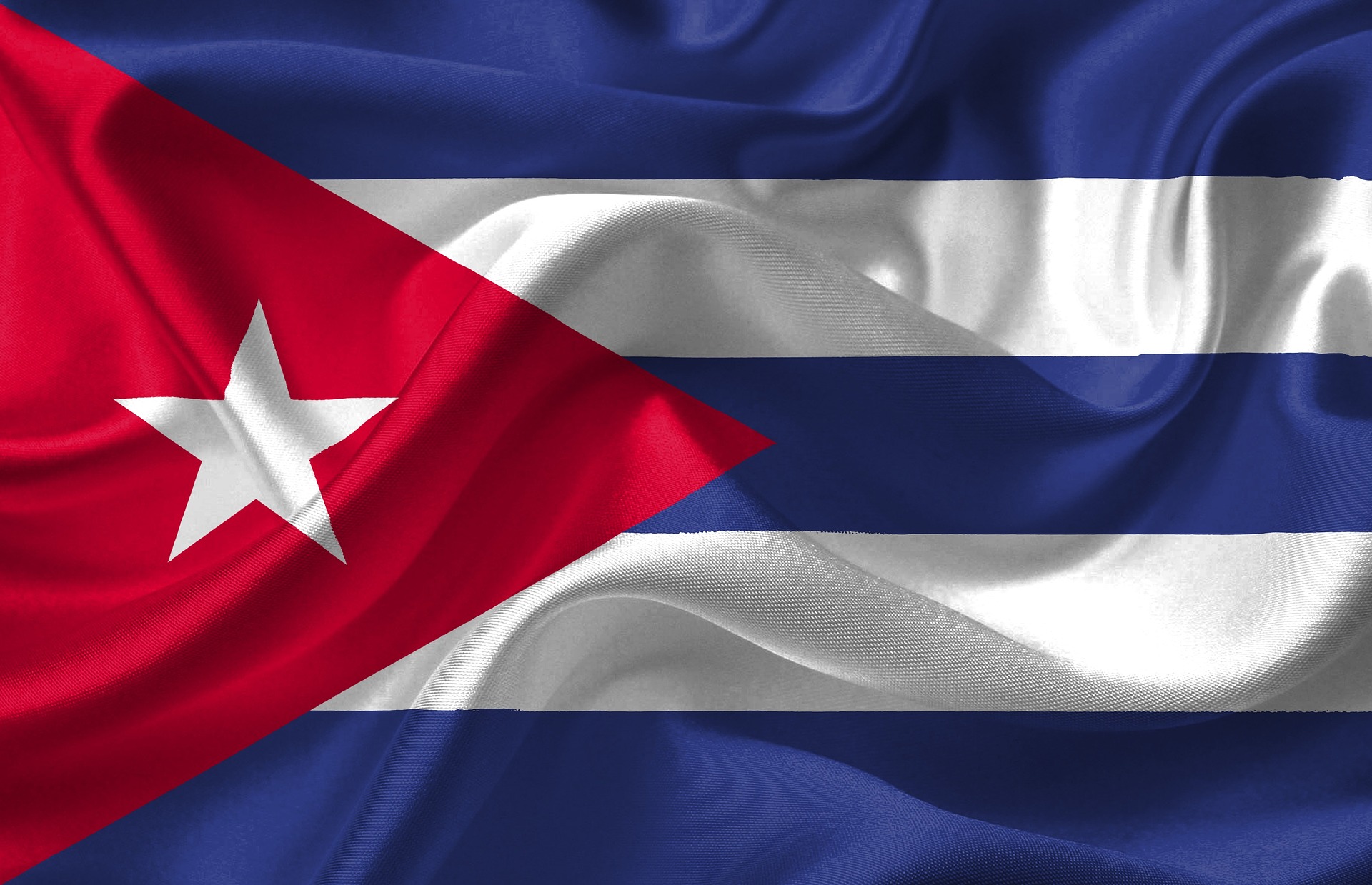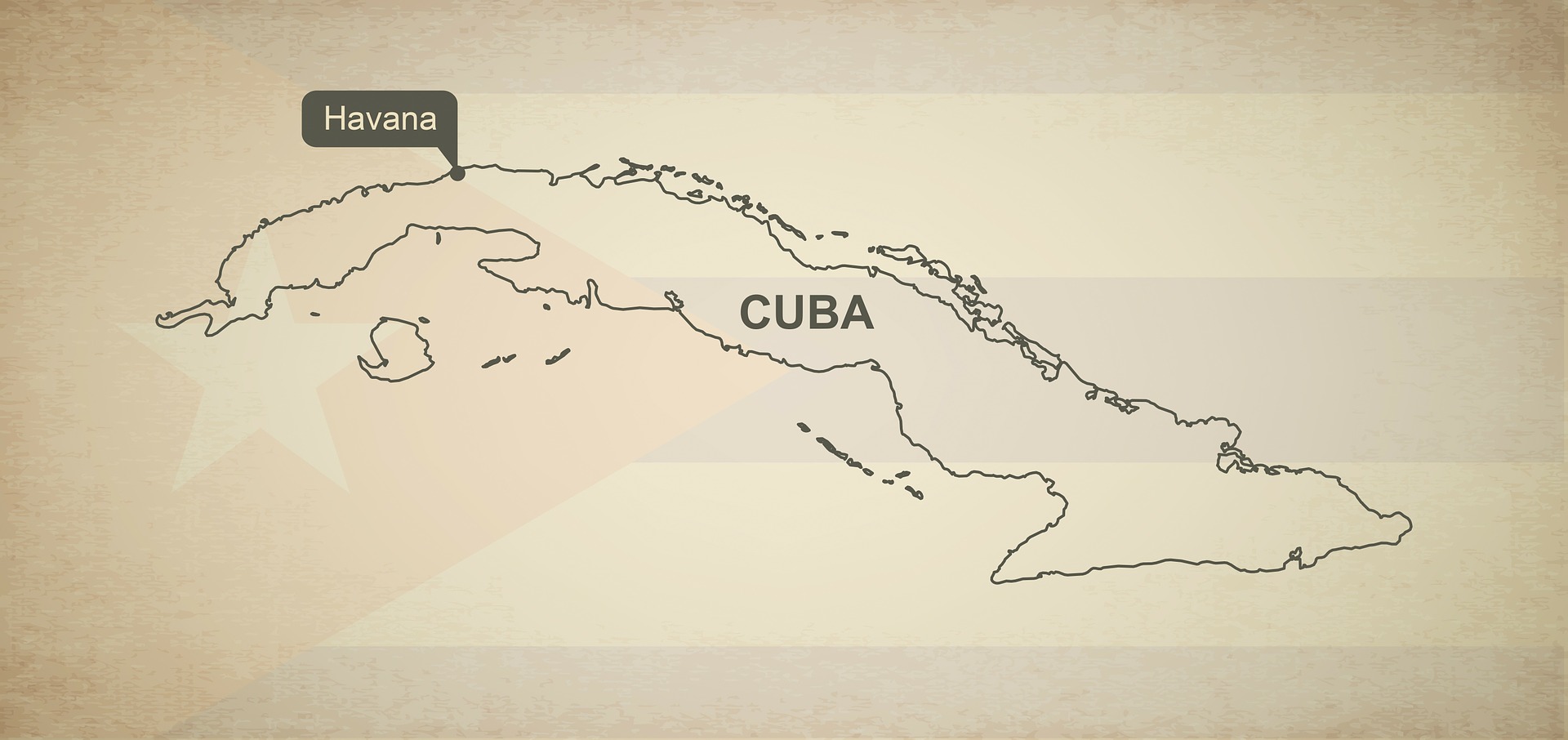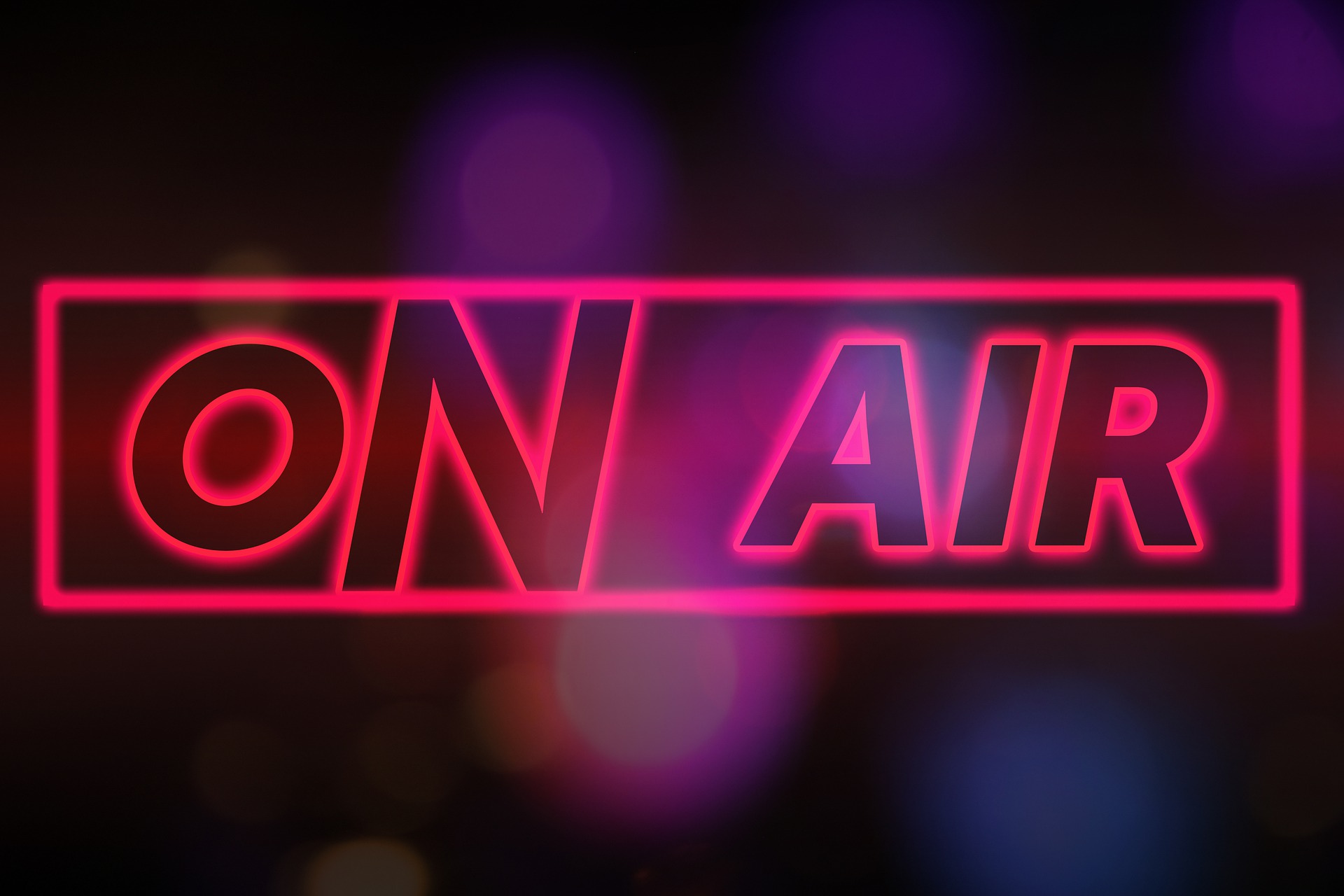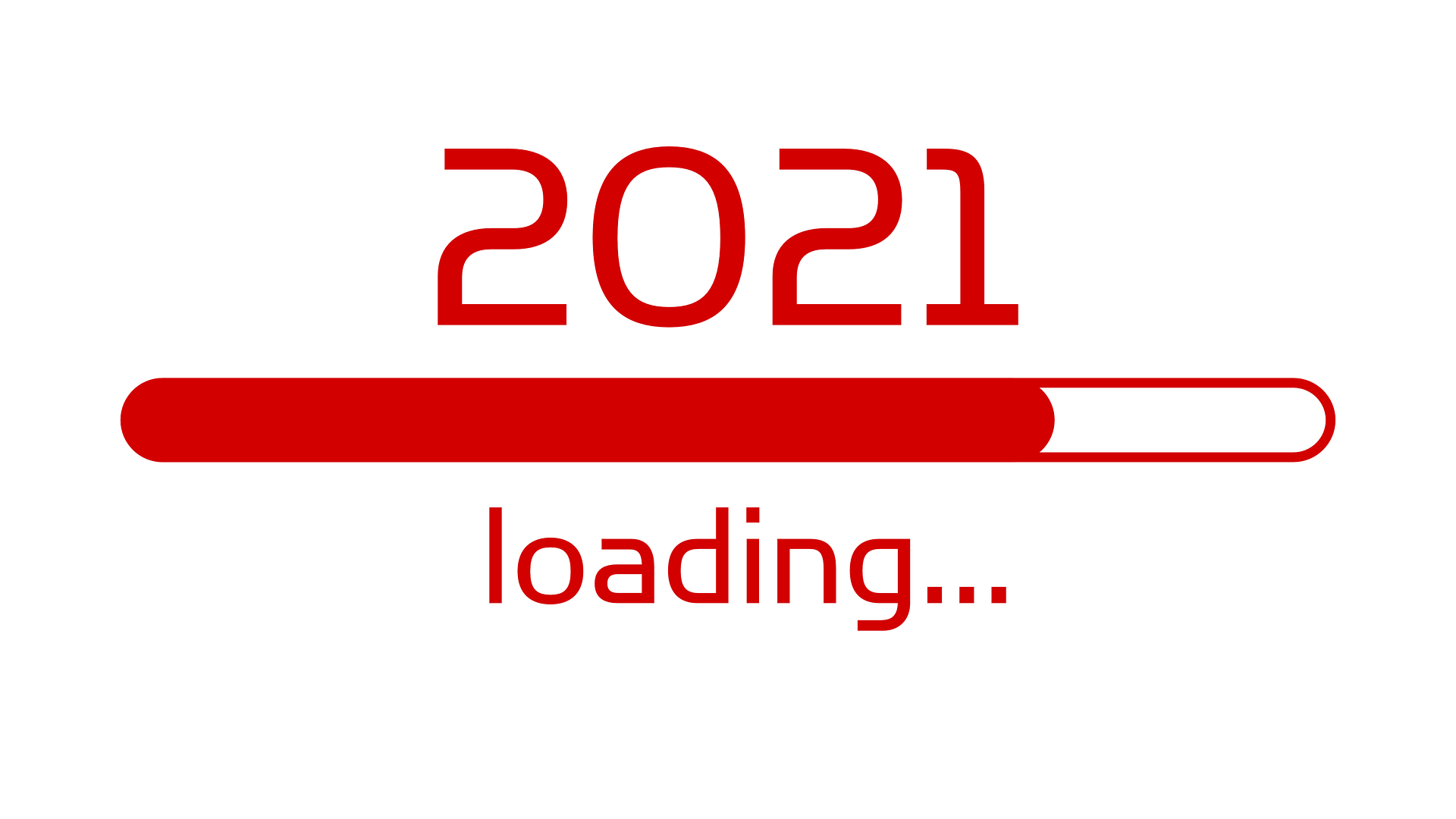In this blog post, we share with you new information provided by the American Immigration Lawyers Association (AILA) Department of State Liaison Committee following a meeting with the National Visa Center (NVC) addressing some common issues of concern for immigrant visa applicants waiting for their visas to be processed at the NVC and immigrant visa scheduling at U.S. Embassies and Consulates abroad.
We provide a summary of the questions asked and responses from the Department of State down below. This discussion was part of a meeting with representatives from the Bureau of Consular Affairs, taking place on February 9, 2023.
NVC Statistics for Documentarily Complete Cases
Question: Can NVC confirm how many cases were completed in FY2022 compared with the 342,392 completed in FY2021?
Answer: Documentarily Complete cases (documents received, reviewed, and case entered into scheduling queue) by Fiscal Year:
- FY 2020 = 321,274
- FY 2021 = 342,392
- FY 2022 = 343,277
Question: Can NVC confirm how many cases have been completed so far in FY 2023?
Answer: The number of immigrant visa cases determined to be documentarily complete by the National Visa Center thus far in fiscal year 2023 (as of 27 January 2023) is 140,084.
Question: What is the monthly volume of immigrant visa cases that the NVC processes?
Answer: On average, during FY 2022, NVC performed case creation for nearly 14,974 immigrant visa petitions, received 20,987 ELIS petitions from USCIS, and reviewed supporting forms and documents for another 72,337 immigrant visa cases per month.
Question: What is the monthly volume of nonimmigrant (fiancé) visa cases that the NVC processes?
Answer: On average, during FY 2022, NVC performed case creation for 1,138 l-129F petitions for Alien Fiancé(e)s per month.
Question: If a document is not considered acceptable, and the attorney re-submits the requested documents, on average, how long does the NVC take to review the new evidence?
Answer: When missing documentation is subsequently provided, it is reviewed in the order it was received. NVC processing times have dropped significantly in the past year. Applicants may refer to the NVC Timeframes page on travel.state.gov to track the current Document Review processing time. NVC Processing dates are updated weekly.
 Visa Lawyer Blog
Visa Lawyer Blog











